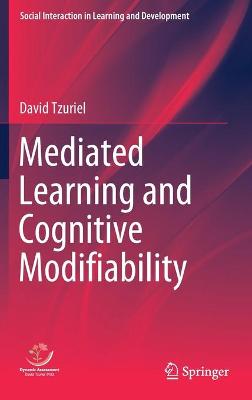Social Interaction in Learning and Development
1 total work
This book portrays an extensive and intensive discussion of theories and research that refer to Vygotsky’s and Feuerstein’s theories of mediated learning and their effects on learning potential and cognitive modifiability. Most topics are discussed in relation to a broad spectrum of developmental and cognitive research that are under the conceptual umbrella of mediated learning and cognitive modifiability. Some topics such as neural plasticity, executive functions, mental rotation, and cognitive education are related to mediated learning, though indirectly, and therefore are included in this book.
In many ways the book presents an extension of Vygotsky and Feuerstein’s theories and empirical validation in a variety of family, social and cultural contexts. The book includes a thorough analysis and summary of 50 years of research and methodology of the intimate relation between mediated learning interactions and cognitive modifiability and of dynamic assessment underlying measurement of cognitive modifiability.
Special emphasis is given to Tzuriel’s dynamic assessment instruments developed during more than four decades. Tzuriel’s novel instruments are interwoven in the extensive research on parent-child interactions, siblings’ , teachers' and peers' mediation and in validation of dynamic assessment approach and cognitive education programs aimed at development of thinking skills and academic achievements.